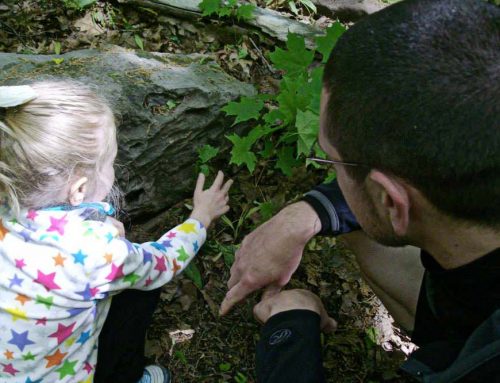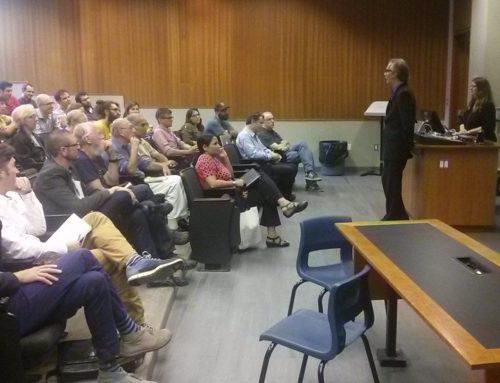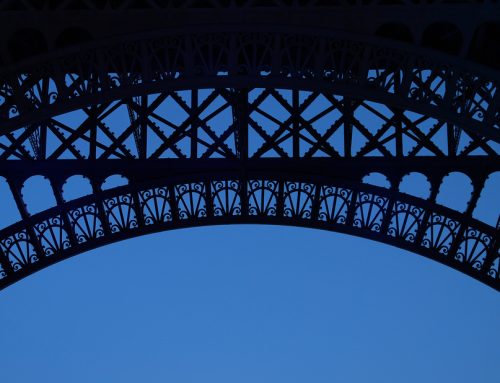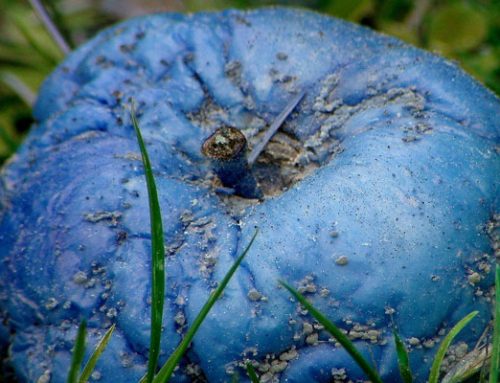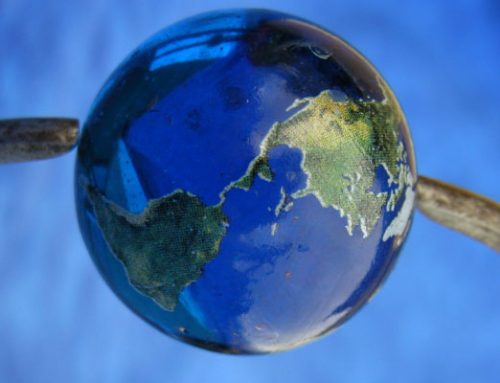Two weeks ago, the Intergovernmental Panel on Climate Change issued a press release stating that “the IPCC is not holding any crisis meeting.”
In other news, the IPCC has not enlisted a herd of flying unicorns to carry thermometers into the stratosphere.
The IPCC statement came as a result of claims in venues purporting to be news sources, one by David Rose in The Mail, and one by Hayley Dixon in The Telegraph ,describing this week’s meeting of the IPCC Working Group I as a “crisis meeting” convened to deal with potentially embarrassing facts.
This, as anyone with the slightest interest in the truth of the claim could easily have checked, is pure fabrication. The meeting currently under way in Stockholm is part of a long-planned review process, and was scheduled years ago (a few minutes browsing found IPCC documents dating from 2009 giving mid-September 2013 as dates for the WGI review meeting, and from 2010 giving the specific dates 23–26 2013).
The same articles, and some others, also made highly misleading statements about the contents of a leaked draft of the report. For correctives to these, see Gordon McBean’s post from yesterday, and some expert debunking from John Abraham and Dana Nuccitelli in the Guardian (love the animated Artic Sea Ice graph), and a longer piece by John Mason in Skeptical Science.
What’s going on here? Sensationalist reporting, to be sure. But it’s occurring in the context of something more serious. A few years ago, an editorial in the journal Nature put it starkly: climate scientists must acknowledge that they are in a street fight.
A street fight, unlike a boxing match, is governed by no rules. And the tactics used by those whose goal is to delay any meaningful attempt to curb carbon emissions are not governed by the rules of scientific etiquette. And this is something that scientists, for the most part, are not well-prepared to deal with.
Climate scientists have been the targets of a well-funded, orchestrated campaign to discredit them and their work. The campaign has used many of the same tactics and, oddly, some of the same key players as the campaign orchestrated by the tobacco industry surrounding second-hand smoke.
Does this sound like a conspiracy theory? Well, what happened was a concerted and organized effort involving a number of participants, motivated to obscure what they were doing, which is like a conspiracy, but let’s call it what it is: a PR campaign. And it doesn’t involve secret organizations with inscrutable motives, but decidably non-secret organizations, ExxonMobil and other oil industry corporations performing their publicly stated purpose, to attempt to maximize profits, and the PR companies hired by them doing what they were hired to do, shaping public opinion.
The PR campaign has been documented in a number of publications. In particular, I recommend:
- The Union of Concerned Scientists’ report, Smoke, Mirrors, and Hot Air (2007).
- James Hoggan and Richard Littlemore, Climate Cover-Up (Greystone Books, 2009), for a Canadian perspective.
- Naomi Oreskes and Eric Conway, Merchants of Doubt: How a Handful of Scientists Obscured the Truth on Issues from Tobacco Smoke to Global Warming (Bloomsbury Press, 2010).
The latter book is particularly interesting, in that it traces the development and refinement of what the authors call the “Tobacco Strategy”—the tactic creating an appearance of scientific debate by employing purported experts and setting up think-tanks to advance claims with no scientific merit—though a series of campaigns: the battle over nuclear winter and the effectiveness of the proposed Strategic Defensive Initiative during the Reagan years, the efforts to understand and mitigate acid rain, ozone depletion and regulation of CFCs, the health effects of secondhand smoke, and, what, tragically, may be regarded as the Doubt Merchants greatest success to date, the ongoing effort to cast doubt on the science of climate change. Not only do the same tactics recur, but, somewhat surprisingly, we find the same figures appearing again and again in various disinformation campaign.
Those interested in learning more about the Doubt Merchants and their strategies will have the opportunity to hear Oreskes speak on October 4 as part of the Rotman Institute’s lecture series, in a special event moderated by the CBC’s Paul Kennedy (for more details: http://www.rotman.uwo.ca/what-we-do/events/rotman-speaker-series-naomi-oreskes/). Attendance is free, but register online for a spot if you wish to go, as we expect a full house.

